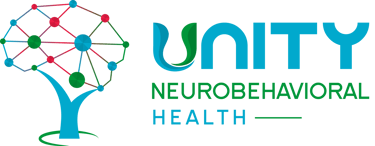COVID-19 and the Brain: Understanding the Lingering Psychological and Cognitive Impact
As the world moves forward from the acute crisis of COVID-19, many continue to grapple with its hidden aftermath, brain fog, memory issues, anxiety, and fatigue. This post explores the neuropsychological effects of Long COVID across all ages, shedding light on how the virus has altered cognitive health and mental well-being—and what evidence-based strategies can support recovery.
Luis Efren Aguilar, Psy.D.


COVID-19 reshaped the global health landscape, but its neurological and psychological consequences are still being understood. Even for those who recovered physically, the aftermath often includes anxiety, depression, and cognitive issues such as brain fog, memory lapses, and reduced attention span.
Long COVID and Neuropsychology
The National Institutes of Health has identified "Long COVID" as a condition that includes ongoing neurological symptoms such as:
Brain fog
Fatigue
Word-finding difficulty
Sensory disturbances
These may stem from neuroinflammation, microvascular damage, or persistent immune responses.
Mental Health Fallout
Isolation, grief, job loss, and collective uncertainty fueled a surge in:
Generalized anxiety disorder
Depression and suicidal ideation
Trauma responses (e.g., from ICU stays or sudden loss)
Children and Adolescents
Developmental delays, increased screen time, and reduced socialization have impacted children’s attention, emotional regulation, and learning capacities.
Cognitive Rehabilitation Approaches
Mental stamina training and pacing strategies
Cognitive-behavioral therapy for anxiety and mood symptoms
Mindfulness and fatigue management
Resources:
© 2025 Unity Neurobehavioral Health. All rights reserved.


Office Location
(By Appointment Only)
Physical Address: 118 West Lime Avenue, Suite 101, Monrovia, CA 91016
Telephone: (626) 321-2889
Fax: (626) 593-4199
Email: info@unityneuro.com
